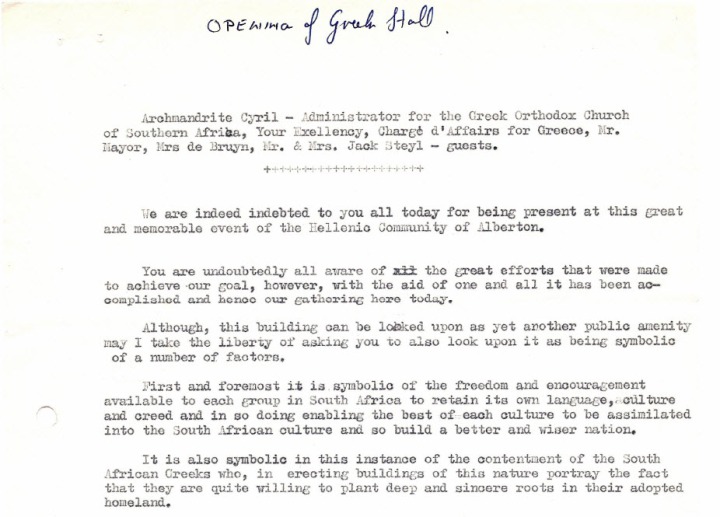Bracken City is an open air shopping centre in the sprawling suburbs of Alberton that lead off from the heart of South African industries at Alrode and run down the gentle slope of veld to the Klip River. The suburbs all start with Bracken, an apt term for South Africa today where bracken invades more and more grassland in the more temperate areas of our mountains and hills due to the increased load of carbon in our atmosphere. Brackenhurst was first, with multiple extensions, and then Brackendowns, also with multiple extensions. This was where my father cemented his building business with the Flexihome.
Bracken City was his pride and joy in his property portfolio. It sprawls over an area of 300 by 200 metres and faces onto the main dual arterial way leading into the suburb off the main road from Alrode to Uncle Charlie’s Intersection. The outline has remained the same over the years, but the façade and interiors have changed as different tenants have moved in and out. The southern end has offices including a dentist and doctor, and used to house our favourite steakhouse. The building itself is single storey and runs north south with a small indent that leads to the main retail anchor, now a Pick ‘n Pay. Behind, between the shops and the adjoining school grounds, runs a service road for deliveries. For some reason, in the early years this road used to get easily flooded in the impressive Highveld summer thunderstorms. Hail blocking the drains helped push the floodwaters on the flat piece of ground into the shops and caused havoc in the stores and stress for my father.
I remember the opening night. I was doing my second year engineering and was an arrogant antisocial student who was forced to attend. There was a large marquee erected on the grass south of the offices and my father was proud, strutting around, posing for official photographs and making a speech. I do not have a copy of that speech. I am sure the priest would have been present and blessed the enterprise, but I cannot remember. I imagine there was a lot of muttering from the locals about this Greek upstart who had woven himself into the very fabric of their life by building their homes and shops.
My Uncle Lambro had a new large chemist facing north at the indent leading to the main retailer. It was pride of place. The chemical smell of the dispensary mixed with his tobacco aroma and it was always fun to visit him there. He was very advanced even then with electronic stock gadgets that had just been released in the pharmaceutical industry. I remember the days of pharmacists typing the drug orders and dosage labels on a small type writer.
Even in my father’s busy weeks where he had meetings galore in Johannesburg, at SAHETI, the Bank of Athens, the Greek Federation, he would always make time on the weekend to go to Bracken City on the weekend to check the stores and the traffic and keep a feel for the place. In the new millennium he made me do an internet search for open air shopping centre façades when they wanted to refurbish the centre. It was his pride and joy and important to be abreast of retails trends.


